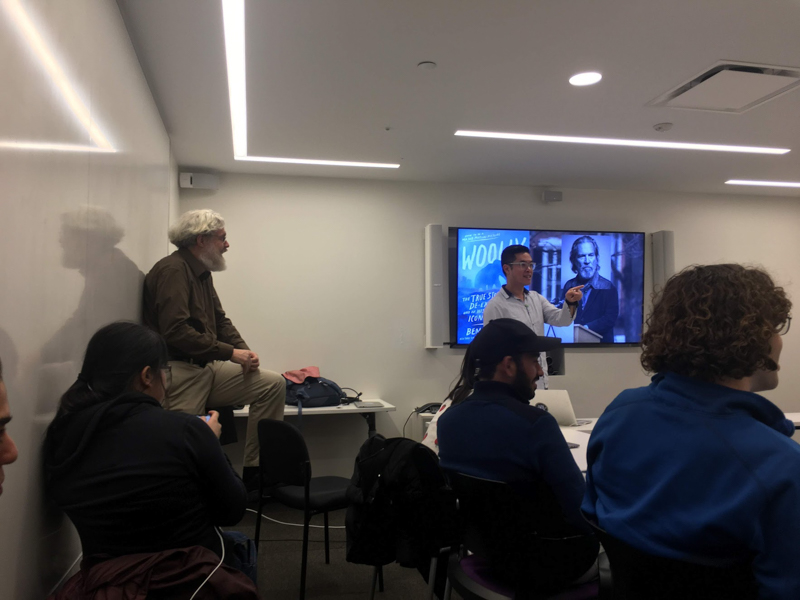"Synthetic biology will be available to anyone with a spare room and a few hundred dollars, spawning the so-called "DIY Bio" movement, which is expected to involve non-commercial experimentation." But how do you get started with DIY Synthetic Bio? And in case you are a biology amateur that is just beginning, how can you be sure you and your environment are safe? At the moment, because the discipline its in its infancy, it's hard to find reliable resources online. There are multiple blogs, websites, facebook groups, and still a few textbooks that offer information on getting started with synthetic biology. We propose to create biohack.wiki, a community-run website dedicated to best practices on synthetic biology. This resource would act as a centralized hub of information on open-source protocols and experiments by and for the synthetic biology community. Biohack.wiki would have three pillars. First, a section dedicated to learning, that would be the fusion of a Wiki page and a platform similar to StackOverflow, but for biology. Second, a section devoted to safety, with information on best practices on running a biology lab. Third, a section intented for community building, where users can ask their peers whenever questions arise.
